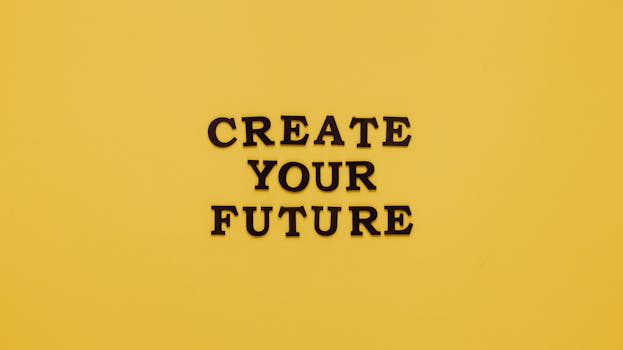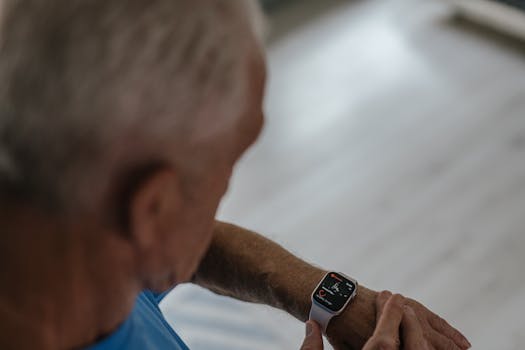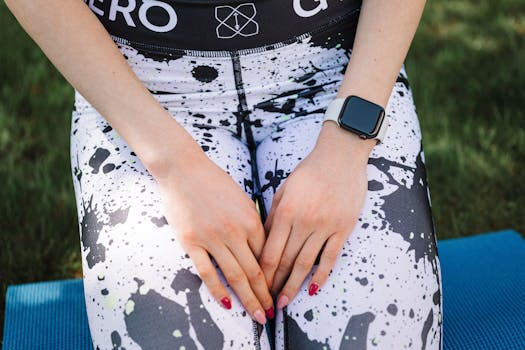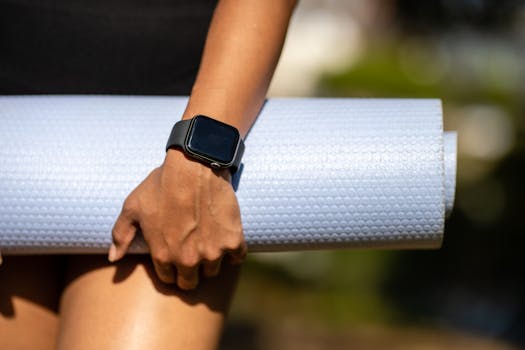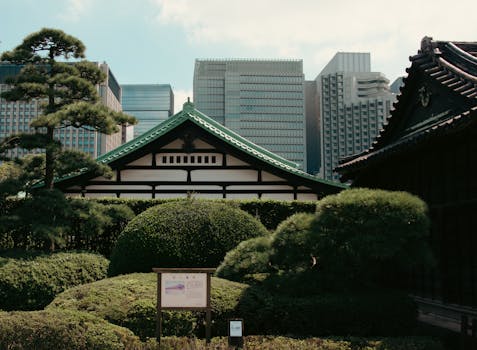
Cultural Fusion: Embracing Traditions in Modern Dubai
Cultural fusion is the focus keyword for this article, and it is essential to understand its significance in modern Dubai. Dubai, a city of rich cultural heritage and modern amenities, is a perfect blend of tradition and innovation. From its historic souks to its modern skyscrapers, Dubai is a city that seamlessly blends the old with the new. In this article, we will delve into the cultural fusion that makes Dubai a unique and fascinating city.
A Brief History of Dubai
Dubai has a rich and diverse history, with its strategic location at the crossroads of Europe, Asia, and Africa making it an important trading hub. The city’s early history dates back to the 18th century, when it was a small fishing village. Over time, Dubai grew into a major trading center, with its pearl diving and trading industries driving its economy. Today, Dubai is a modern, cosmopolitan city that is home to people from over 200 nationalities.
Cultural Fusion in Modern Dubai
Cultural fusion is evident in every aspect of Dubai’s society, from its architecture to its cuisine. The city’s skyline is dominated by modern skyscrapers, but amidst these towering buildings, you can still find traditional souks and mosques. The souks, or markets, are a testament to Dubai’s rich trading history and offer a glimpse into the city’s traditional way of life. The Gold Souk, for example, is one of the oldest and most famous souks in Dubai, with hundreds of shops selling gold and silver jewelry.
Dubai’s cuisine is also a reflection of its cultural fusion. The city is home to a wide range of restaurants serving traditional Arabic dishes, as well as international cuisine from around the world. From traditional Middle Eastern dishes like shawarma and falafel to modern fusion cuisine, Dubai’s food scene is a vibrant and exciting reflection of its cultural diversity.
Preserving Traditional Culture in Modern Dubai
Despite its rapid modernization, Dubai has made a concerted effort to preserve its traditional culture. The city is home to several museums and cultural centers, including the Dubai Museum and the Sheikh Mohammed Centre for Cultural Understanding. These institutions offer a glimpse into Dubai’s rich history and traditional way of life, and provide a platform for cultural exchange and understanding.
In addition to its museums and cultural centers, Dubai also hosts several traditional festivals and events throughout the year. The Dubai Shopping Festival, for example, is a major event that attracts millions of visitors from around the world. The festival features traditional Arabic entertainment, including music, dance, and theater performances, as well as traditional food and handicrafts.
Conclusion
In conclusion, cultural fusion is the lifeblood of modern Dubai. The city’s unique blend of traditional and modern elements has created a vibrant and fascinating cultural landscape. From its historic souks to its modern skyscrapers, Dubai is a city that seamlessly blends the old with the new. Whether you are interested in history, culture, or entertainment, Dubai has something to offer. So come and experience the cultural fusion of Dubai for yourself – you won’t be disappointed!

